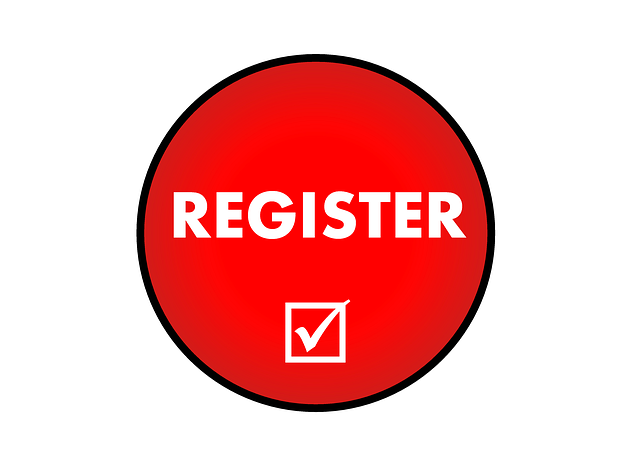Standard
How to start a business in Nigeria If you are the kind who likes to be your own boss, or you have a unique business idea which you want to bring to life, then starting your own business is the right way to go. As exciting as this might seem, you have to take the necessary steps to ensure success at the end of the day. This article talks about how to start a business in Nigeria in general, assuming you have all it takes to start and run a business, including adequate capital. Some of my future articles will discuss how to start and run small businesses with little money. Starting a business in Nigeria has become easier in recent times, thankful to the advent of technology and government’s efforts in making it easy to start business. Below are how to start a business in Nigeria 1. Write A Business Plan Like anywhere else in the world, the first thing to consider while starting a business is a business plan. The importance of a business plan can’t be over emphasized. Your business plan should not be a fancy document with only big pictures of your dream but a detailed plan of what your proposed business is and how you intend to run it. A future article will discuss in detail all you need to know about writing a business plan. While writing your business plan, you must decide on the following 2. Choose A Business Location Your business requires a location, regardless of what type of business you are doing. Every business has target customers and they are based in a location. Choose your location based on the kind of business you are starting and the customers you are targeting. Make your location closer to your customers as much as possible. If your business deals with production, you might want to consider other factors such as closeness to raw materials. 3. Decide If You Require a partner A lot of people started their businesses without partners. But with today’s business environment, there is a big advantage to having a partner while starting a business. The number one reason you might want to consider having a partner is that a partner can complement your skills. This is often the case with businesses that require different skill sets. For instance one partner could be a technical person while the other is well grounded in business management. By bringing on a partner who has a skill which you don’t have, you would eliminate the need to hire someone. Though there are downsides to having a business partner, the advantages outweighs the disadvantages. You can always deal with the downsides by being professional in everything you do. 4. Raise Startup Capital Your business requires capital, regardless of its size. You must decide on where it will come from before you start your business. Business capital can come from several places but you should know that as a new business, some sources of capital will not be easily accessible to you, such as loans from commercial banks. The number one source of your startup capital is your personal savings. As an entrepreneur, you should be able to have some savings, no matter how small it is. If you can’t invest your own money in your business, why should anyone give you their money? Your second source of capital is friends and family. If you can’t convince your friends and family to invest in your business, or if they can’t believe in your plan, why should anyone else do so? Then you can consider other sources of capital. These include angel investors, grants and small loans. 5. Decide On A Business Legal Structure Before taking the step to register your business, you should decide on the legal structure you want for your business. There are three legal forms your business can take. These are sole proprietorship, partnership and corporation. The easiest of these is the sole proprietorship, with which you are the only owner of your business. In Nigeria, you can either register your business as a business name or as a limited liability company. You can read our article on the difference between a business name and a limited liability company. 6. Register With The Government If you’ve decided on your business legal structure, you can proceed to register with the government. The agency responsible for business registration in Nigeria is the Corporate Affairs Commission of the federal government. If you’re ready to take this step, we will help you get it done at the lowest price possible. Remember, it is very important to get your business registered. 7. Register With Tax Office Once your business is registered, do not waste time before you head to the Federal Inland Revenue Service office closest to your place of business. In Nigeria, you are required to pay tax if your business is making profit. You need to obtain a Taxpayer Identification Number (TIN). 8. Get A Business Account You should visit one of the commercial banks and get a current account with your business name. You do not want to be carrying out business transactions with your personal account. Before you proceed to open a business bank account, you should know that your business must have been registered and you need a Tax Identification Number (TIN). 9. Purchase Insurance Policy While this might seem unnecessary, it will protect your business in case of an incident such as theft or accident. 10. Build Your “A Team” Now it’s time to build your team. You will not just build a team, you will build an A Team. Every great business requires a great team. To build a great team, you must begin by selecting the right individuals. Decide on who is required. Start by making a plan. In the plan, you should identify what skill is needed, which position you need to fill, then you can look for the right person for the job. Remember that there





